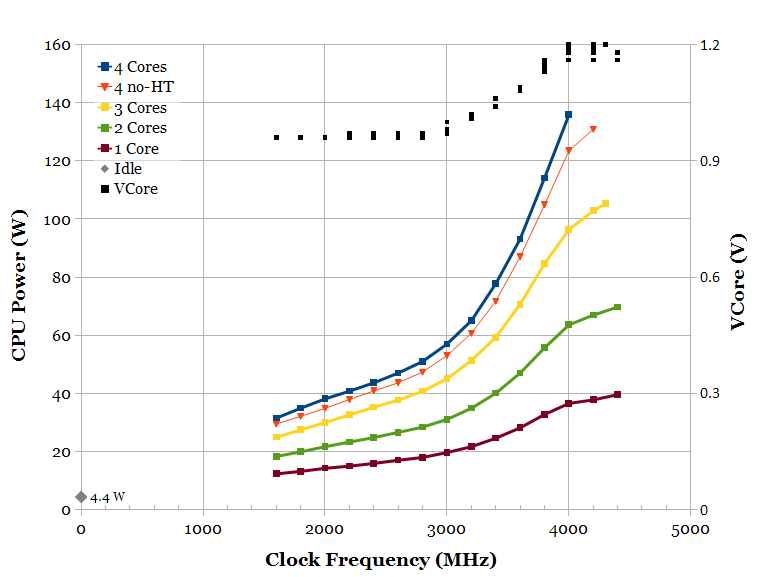It's simply incredible how AMD managed to pull this off. Not only demolishing the 8 core competitor, but laying a whooping on the 4 core competitor too! I can only laugh and smile to those who claimed AMD were dead a few months ago.
AND WHY DO THE INTEL CPUs run so HOT!
Because they do not have Nvidia engineers
More seriously because Intel are tight £$%"£$$ who indirectly 'punish' (too strong a wording but not sure what to call it) consumers just by looking to save 10c here and there, clearest example is the IHS solution when compared between Ryzen and 4C/HEDT Intel consumer CPUs.
Cheers
![[H]ard|Forum](/styles/hardforum/xenforo/logo_dark.png)


